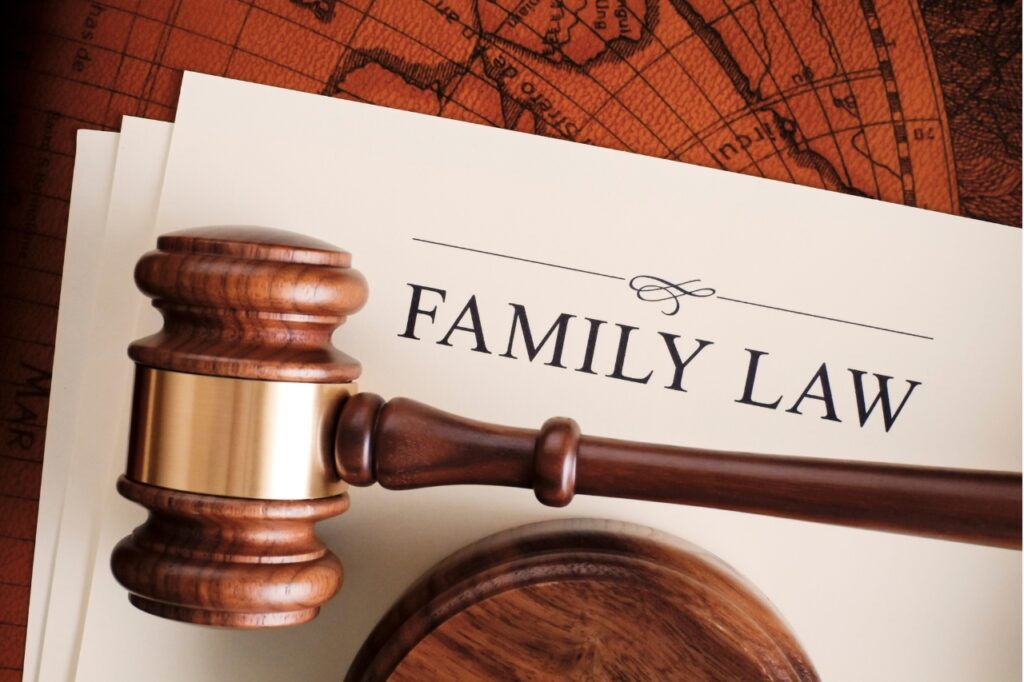When your teenager starts acting out or spiraling into a crisis, understanding family law in South Africa becomes essential. From school expulsions to substance abuse and even brushes with the law, parents may feel powerless — but the law provides avenues for support, intervention, and protection. This article explores common questions South African parents have when facing legal, emotional, and social crises involving their teens.
What Is a “Child in Crisis” and How Does Family Law Define This?
In South African family law, a child in crisis typically refers to a minor (under 18) who is experiencing severe behavioural, emotional, or psychological distress. This might manifest through truancy, violence, substance abuse, running away from home, or conflict with the law. The Children’s Act 38 of 2005 is the cornerstone of legal protections for such minors, and it recognises a child’s right to protection from neglect, abuse, or degradation. If a child’s behaviour puts them or others at risk, parents may need to engage with both legal and social services.
What Legal Responsibilities Do Parents Have in a Crisis?
Parents have a legal obligation under family law to provide care, guidance, and protection for their children. In crisis situations, this duty is heightened. The law holds parents accountable for ensuring that their child receives the necessary interventions — whether through counselling, rehabilitation, or, in extreme cases, state intervention. If a parent is seen as neglecting these responsibilities, they could face legal consequences, including possible limitations on guardianship rights.
Can Family Law Help When a Teen Is Using Drugs or Engaging in Criminal Activity?
Yes, family law intersects with juvenile justice in such cases. The Child Justice Act 75 of 2008 outlines how children in conflict with the law should be treated, with an emphasis on rehabilitation rather than punishment. A parent can initiate interventions such as referrals to social workers or placement in child and youth care centres. In cases involving serious offences, the court may intervene to create a compulsory care plan. Legal support from a firm such as Andrew Scott Attorneys can ensure parents understand their rights and obligations throughout this process.
What Happens If a Child Refuses to Attend School or Runs Away Repeatedly?
Truancy and running away are taken seriously under South African family law. A parent may apply to the Children’s Court for a parenting plan or an order for supervised intervention. If the child is deemed beyond parental control, the court can order placement in a safe care facility. Importantly, these cases are handled with a view toward the child’s best interest, aiming to restore the family unit where possible.
How Can Mediation Help Families in Crisis?
Mediation is a powerful tool provided for in family law that allows families to resolve issues without lengthy court proceedings. A trained mediator, often appointed through the court or by agreement, helps parents and children communicate, set boundaries, and create practical parenting plans. These agreements can cover living arrangements, disciplinary approaches, and access to therapeutic services. Legal experts, such as those available via Andrew Scott’s litigation team, can help enforce these plans if necessary.

What Role Do Social Workers and the Children’s Court Play?
Social workers are central to crisis intervention under family law. They conduct assessments, recommend care plans, and monitor compliance. The Children’s Court can formalise these recommendations into legally binding orders. In more severe cases, the court can place the child in foster care or residential programs. It’s crucial for parents to cooperate with these processes and, where needed, obtain legal advice through services like Andrew Scott’s legal consultations.
Are There Legal Protections for Parents Being Abused by Their Teen?
Surprisingly, yes. Although family law focuses heavily on protecting the child, the Domestic Violence Act 116 of 1998 recognises that parents can be victims too. If a teen exhibits violent or threatening behaviour, parents may apply for a protection order through the Magistrate’s Court. This order can mandate counselling, restrict the child’s behaviour, or even lead to temporary removal from the home. The goal is always rehabilitation, not punishment, but safety is prioritised.
What If There’s a Dispute Between Parents on How to Handle the Teen?
When co-parents disagree on managing a child in crisis, family law allows the court to intervene. Disputes over discipline, treatment programs, or schooling can be brought before the Children’s Court or resolved through legal mediation. Courts may issue parenting orders to clarify each parent’s role. If you’re navigating a difficult co-parenting situation, reaching out to an experienced contracts attorney may be essential for drafting enforceable agreements.
Can You Include Crisis Planning in Your Estate or Custody Plan?
Absolutely. Proactive parents can work with an estate planning attorney to include care provisions for a teen facing ongoing behavioural or health issues. This can include naming guardians, setting up trusts for supervised support, or specifying institutional care preferences. Integrating crisis planning into estate and custody arrangements ensures continuity and reduces family conflict should a parent become incapacitated or pass away.
Where Can Families in Durban Get Help When Legal and Emotional Crises Overlap?
Navigating teen crises can be overwhelming, but you are not alone. In Durban and surrounding areas, family law professionals, child protection organisations, and mental health specialists work together to support families. For comprehensive legal guidance, the team at Andrew Scott Attorneys combines deep legal expertise with a compassionate, solution-oriented approach. Whether you’re dealing with custody challenges, domestic violence, or school-related legal issues, they can help you regain control and move forward.


